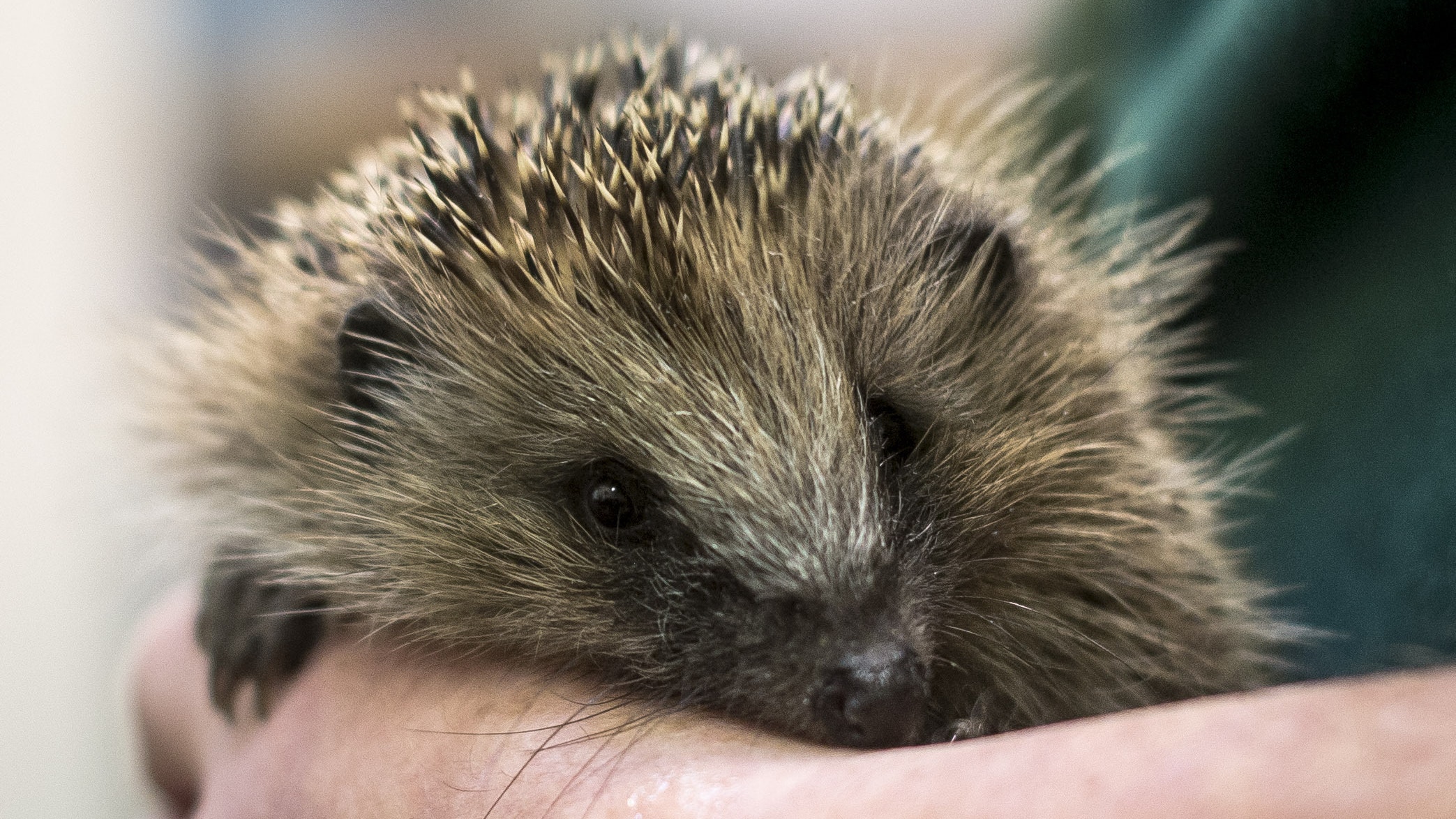11 Dec 2024

Tired Earth
By The Editorial Board

Hedgehogs, dragonflies and bees are among wildlife at risk due to big gaps in environmental protections following the UK’s departure from the EU, according to a new report.
Commissioned by The Wildlife Trusts, The Royal Society for the Protection of Birds (RSPB) and WWF, the study claims the UK faces losing regulations preventing hedgerows being cut during the nesting season and vital buffer strips from being ploughed or sprayed with pesticides.
Other regulations currently based in EU law, which safeguard ponds and protect carbon-locking bare soils from draining or blowing away, could also be lost, according to the report by the Institute for European Environmental Policy (IEEP).
The agriculture bill, set to be debated in the House of Commons on Monday, will see payment for the amount of land farmed replaced by a “public money for public goods” system whereby land managers are paid to protect wildlife, the environment and carbon storage.
While broadly welcomed by campaigners, they fear the new bill does not go far enough. As farmers lose direct payments under the common agricultural policy, critics say some EU regulations could also fall away.
These include specific protections for hedgerows, not cutting them during the breeding seasons and maintaining a buffer strip at their base to protect plants and safeguard species including yellowhammers, small mammals, pollinator insects and pond-dwelling amphibians.
As the bill stands, there are no domestic regulations to replace them, and nothing to indicate how any regulations, current and future, will be enforced, say critics.
The reports said a new system of regulation is needed. The three wildlife charities want the new Office for Environmental Protection (OEP), which replaces European oversight of environmental protections, to have powers to police and implement regulations, and all farmers to comply irrespective of whether they receive public funding.
Ellie Brodie, from The Wildlife Trusts, said: “We’re really concerned that the agriculture bill does not contain the regulation that’s so desperately needed and nature will continue to take the rap.”
“Gaps must be filled and enforcement must be strengthened if we’re to address the nature crisis and climate emergency.”
Tom Lancaster, of the RSPB, said: “The agriculture bill includes vital new powers to pay farmers to restore nature, but is silent on the rules and regulations for farming in the future. With the change that Brexit will bring, this presents real risks to our soils and hedgerows, and the nature that depends on them.”
Debbie Tripley, of the WWF, said: “Unless the government starts plugging the gaps left by EU regulation, our soils, hedgerows and the wildlife that depends on them are at risk”.
A spokeswoman for the Department for Environment, Food and Rural Affairs (Defra), said: “We will continue to be a world leader on the environment as we leave the EU and both the agriculture bill and the environment bill are a crucial part of that.
“We will not lower the exceptionally high environmental standards we already hold. In fact, leaving the EU means we can transform British agriculture to reward farmers for enhancing the environment, tackling climate change and protecting our wildlife for future generations.”
Source : www.theguardian.com
Comment